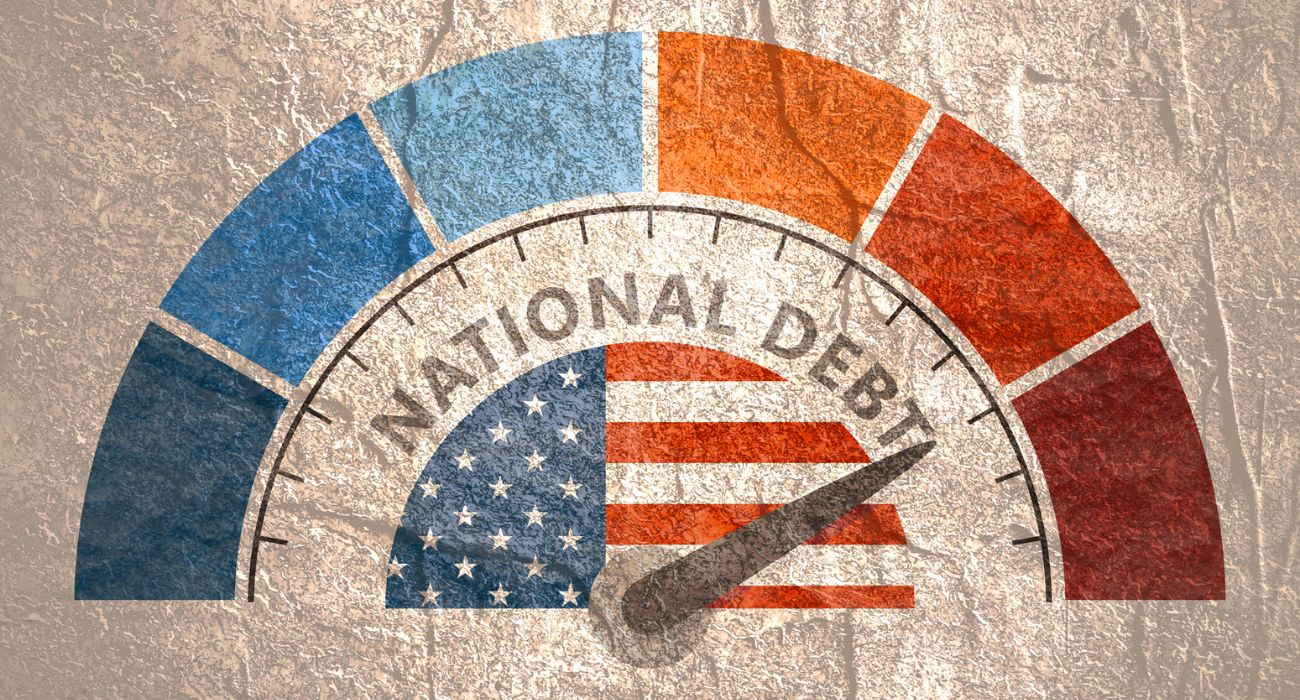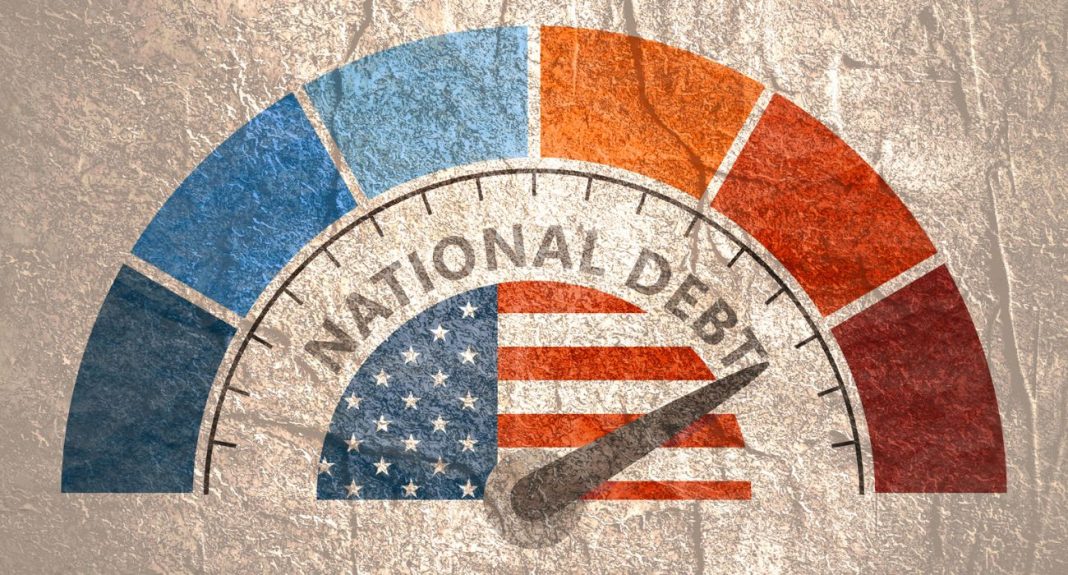 Proposal to Mandate Balanced Budgets and Address the National Debt Crisis
Proposal to Mandate Balanced Budgets and Address the National Debt Crisis
Introduction:
As the national debt in the United States reaches a staggering $35 trillion and the budget deficit continues to rise, Senator Jon Tester from Montana plans to reintroduce a constitutional amendment mandating balanced budgets. With the aim of lowering costs and curbing unnecessary government spending, Tester’s proposal would require presidents and Congress to present balanced budgets to the American people. This article explores the growing concerns over the national debt and the various measures being proposed to address this issue.
The Need for Balanced Budgets:
Senator Tester emphasizes the importance of not passing an unpayable burden onto future generations, stating that Washington should act as responsible stewards for the economy. Rising costs in housing and groceries have made it crucial for the President and Congress to rein in unnecessary government spending. Tester’s proposed amendment also includes provisions to protect Social Security and Medicare, ensuring that essential safety nets remain intact while tackling the mounting debt crisis.
Efforts to Insert Balanced Budget Amendments:
Lawmakers in both chambers have been submitting legislation to include balanced budget amendments in the constitution. Representative Rudy Yakym has proposed a limit on the national debt tied to a percentage of GDP, allowing exceptions during military conflicts. Senator Mike Lee and Senator Chuck Grassley introduced an amendment that would force Congress to balance the budget annually, limit federal spending, and require a supermajority vote before increasing the nation’s debt ceiling or raising taxes. These measures aim to enforce fiscal responsibility and prevent excessive government spending.
The Current State of the National Debt:
According to Treasury data, the national debt currently stands at $34.56 trillion as of May 6. The Congressional Budget Office (CBO), a non-partisan budget watchdog, predicts that the debt will surpass $50 trillion by 2034, primarily driven by $20 trillion in cumulative deficits. Furthermore, the CBO projects that by 2054, the debt-to-GDP ratio will reach a staggering 172 percent. These figures highlight the urgent need for measures to address the growing national debt crisis.
White House Stance on Balanced Budgets:
The White House has largely dismissed the idea of a balanced budget amendment, with concerns raised about its potential impact on essential safety nets like Social Security and Medicare. Office of Management and Budget (OMB) director Shalanda Young argues that looking at these issues as a share of GDP provides a more comprehensive understanding of the situation. Treasury Secretary Janet Yellen also believes that balancing the budget is not necessary for fiscal sustainability.
Debate Over Policy Initiatives:
While proponents of balanced budget amendments argue that they are a crucial step in controlling debt and deficits, critics highlight potential drawbacks. The Peter G. Peterson Foundation acknowledges that while such an amendment may create a standard for elected officials to meet, concerns exist regarding its practical implementation. Critics, such as Richard Kogan from the Center on Budget and Policy Priorities, argue that a balanced budget amendment could harm the economy by risking recessions and job losses. Alternative approaches, like the penny plan advocated by conservatives, aim to gradually reduce spending to achieve fiscal responsibility.
The Urgency for Action:
Interest payments on the national debt have become one of the top budgetary items, surpassing defense spending. The National Taxpayers Union Foundation warns that massive deficits are not sustainable and will lead to rising interest rates and higher costs for financing the debt. Inability to practice fiscal restraint during normal times may also limit the government’s ability to respond to economic crises. Both sides of the aisle are now working towards establishing a bipartisan commission to address the national debt crisis effectively.
Conclusion:
The mounting national debt in the United States has prompted lawmakers and policymakers to explore measures to address this crisis. Senator Tester’s proposal to mandate balanced budgets, along with other legislative efforts, aims to rein in unnecessary government spending and protect essential safety nets like Social Security and Medicare. While the White House has expressed reservations about a balanced budget amendment, concerns about fiscal sustainability and the potential impact on the economy persist. As interest payments on the debt continue to rise, the need for fiscal responsibility and bipartisan action becomes increasingly urgent.

